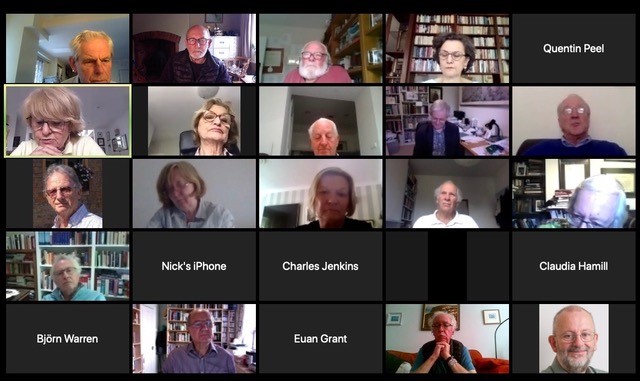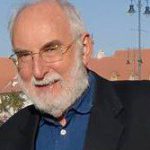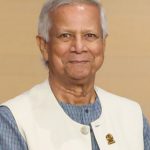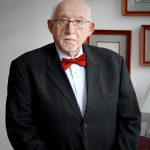The AEJ UK moved to virtual online meetings for all of 2021 due to the covid pandemic as our guests looked into the future for the UK, Germany, Russia, Afghanistan and the whole planet at COP 26.
24 November 2021
David Loyn – Afghanistan-past and future
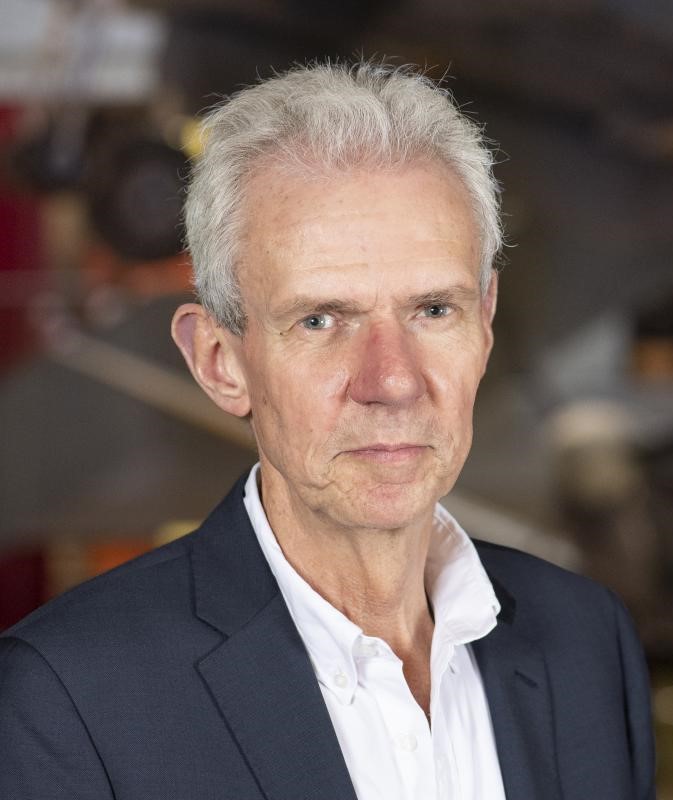
The West lost in Afghanistan by mistakes it made 20 years ago – and it kept losing by backing the wrong factions since, says David Loyn. Even so he listed three key reasons for the UK and the West to stay engaged or re-engage with the new Taliban government:
-the need to deal with what he called currently the world’s worst humanitarian crisis, aside from Yemen.
-the historical lessons that ignoring Afghanistan “tends to come back to bite us”.
-the threat of renewed attacks from jihadi groups such as Al Qaeda and ISIS based in Afghanistan, estimated by U.S. intelligence as possible within 6 to 12 months.
Loyn was strategic communications adviser in the Afghan president’s office in 2017-18 and is a senior visiting research fellow at King’s College London war studies department, a member of the UK Foreign Office advisory panel on South Asia, and an award-winning war correspondent who covered conflict in Afghanistan, Iraq and Bosnia.
He gave the AEJ UK a highly informed briefing on November 24, exactly 101 days since the western-backed Afghan government collapsed in August 2021 and only days shy of the 20-year anniversary of the American assault on Osama bin Laden’s Al Qaeda in the wake of its 9/11 attack.
Please see this report on the meeting from AEJ member and writer on Asia Nick Nugent and this audio record of the meeting.
29 October 2021
Bob Ward – The future of the planet
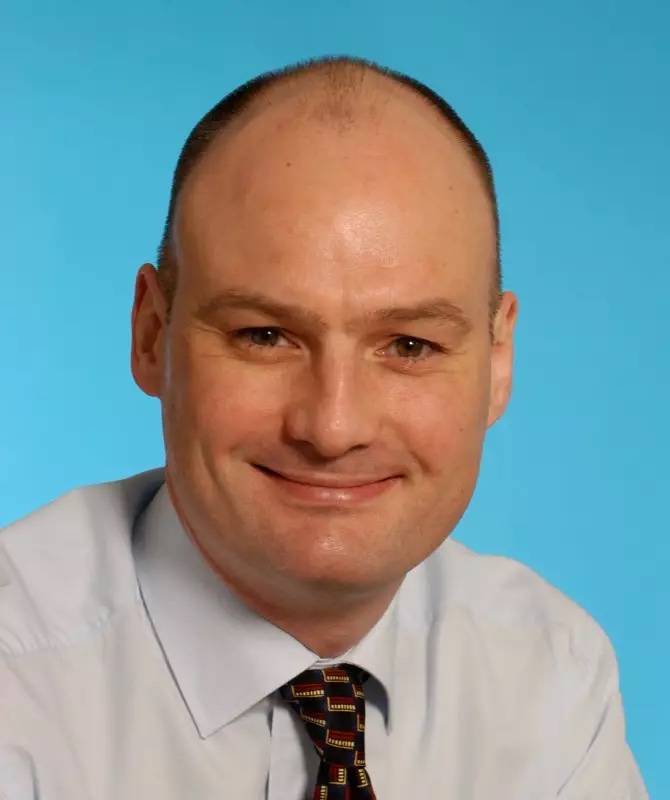
COP 26 could be the most important climate change summit ever. For some it’s a last chance to save the planet – and the human species – from catastrophe.
And days before it opened in Glasgow the AEJ UK was told the success of COP 26 hung in the balance.
Bob Ward, policy and communications director at the London School of Economics Grantham Research Institute on Climate Change and the Environment, briefed an AEJ meeting on 29 October about the key issues at the summit and the chances for more effective action to combat climate change.
He said the two main goals were greater ambition – commitments not just to 5 year promises but new commitments in 1 or 2 years – and real support for developing countries – the $100 billion per year promised in 2010 has not been met.
Many global leaders have announced targets of cutting their emissions to net zero by 2050 and keeping to a maximum 1.5C rise in temperature.
But in the lead-up to the conference there have been inadequate pledges for cutting emissions by 2030 and arguments over financial support for developing countries.
The recent promises and statements from various world leaders have come in the wake of growing public pressure – demonstrations and protests across the globe particularly in recent years following the example of activist Greta Thunberg, the growth of Green political parties in many western countries, and action by many businesses – notably the car industry – to reduce pollutants which affect climate change.
Bob Ward is also deputy chair of the London Climate Change Partnership and a fellow of the Geological Society, the Royal Geographical Society and the Energy Institute.
Please see this report on the meeting from AEJ UK treasurer David Worsfold who covered COP 26 for various media outlets and this audio record of the meeting.
9 September 2021
Brendan Simms – Brexit breakup?
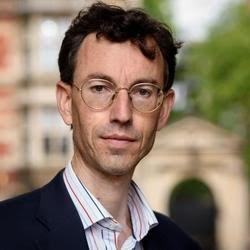
Is the United Kingdom about to fall apart? No is the short answer from history professor Brendan Simms. In fact he argues that Brexit will actually make the United Kingdom stronger after a period of flux with Ireland and Scotland.
He made his case at an online AEJ meeting on 9 September 2021 using a complex analysis of the history of the UK and its relationships with Europe combined with his view of political events in the last 5 years.
Simms is professor of the history of European international relations and director of the Centre for Geopolitics at Cambridge University whose published historical works – including Europe: The Struggle for Supremacy, 1453 to the Present and Britain’s Europe: A Thousand Years of Conflict and Cooperation– have cast a penetrating light on past European military and political conflicts and shifting alliances that eventually united England with the three other nations of the British Isles in a United Kingdom.
A frequent contributor to the New Statesman and other media, his recent writing since the 2016 Brexit vote has illuminated the ways in which ancient rival nationalisms, and modern tensions between rival legal and political systems, underlie the most incendiary topics in today’s news agenda on Europe – in particular the renewed drive for Scottish independence and the highly-charged dispute between the UK and the EU over the status of Northern Ireland after Brexit.
Please see this report written jointly by AEJ member Martyn Bond and AEJ UK chairman William Horsley and this audio record of the meeting.
22 June 2021
Darius Semaska – Russia’s hybrid threats
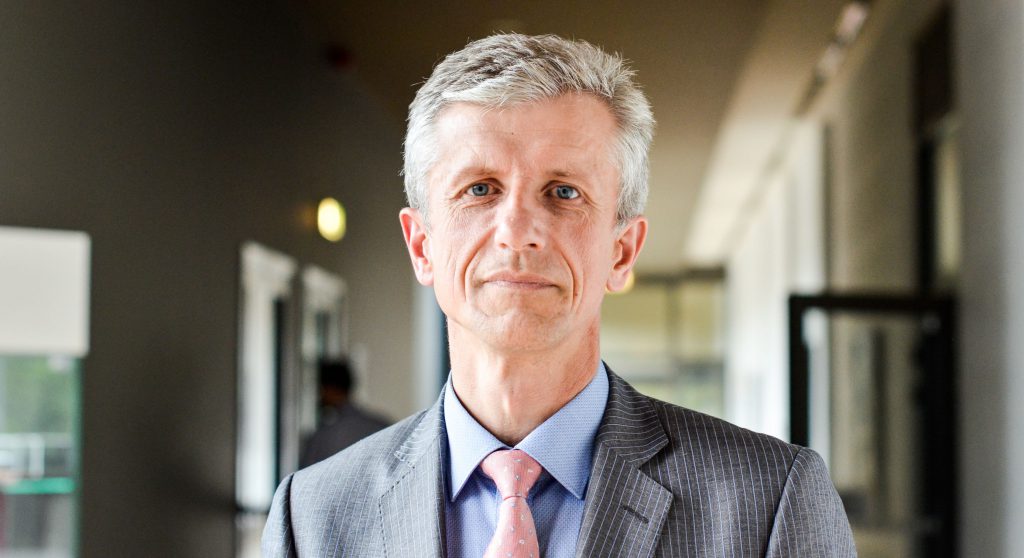
Lithuania’s special ambassador for hybrid threats and resilience says his country is in the middle of a “massive information war” with Russia.
Darius Semaska was speaking to the AEJ UK on June 22 via Zoom from his home in Lithuania less than a month after a Ryanair jet bound for his capital Vilnius was forced to land in their mutual neighbour Belarus in the contrived arrest of outspoken dissident and journalist Roman Protasevich. Russia denied claims of its involvement despite President Vladimir Putin’s continued support for Belarus leader Alexander Lukashenko.
Appointed last year as Lithuania’s Ambassador at Large for Hybrid Threats and Resilience, Semaska is a former chief foreign policy adviser to the Lithuanian president and ambassador to the Netherlands and Germany.
On the frontline of the struggle with Russia along with neighbouring Baltic states, the Lithuanian ambassador outlined Russia’s current use of political and media subversion, disruption of energy supplies, cyber aggression, and military threats and action aimed at destabilising western democracies and weakening NATO – and some of the measures taken by his country to counter this hostile strategy.
For more on this meeting please see this report from Peter Norman, AEJ UK Meetings Secretary and former chief EU correspondent of the Financial Times and this audio record of the meeting .
18 May 2021
Alan Posener – Germany post-Merkel
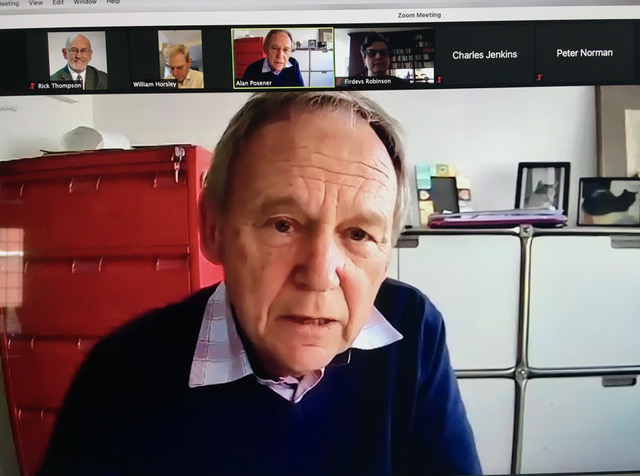
The era of Angela Merkel and “Germany first” may soon change to older, more Euro-centric policies predicts leading German columnist Alan Posener.
The former senior editor and now columnist at Die Welt newspaper spoke to an AEJ UK meeting on May 18 about the outlook for “Germany after Angela Merkel”.
After 16 years in power Mrs Merkel will stand down as Chancellor of Germany at September’s elections. In his iconoclastic assessment, Posener says that despite her reputation as a rock of political stability and a committed European, Angela Merkel took a ‘Germany-first’ approach to important policy decisions, leaving deep divisions within German society and antagonizing many of Germany’s neighbours.
Please find an edited text of his remarks here and this audio record of the meeting.
26 April 2021
Joao Vale de Almeida – Life after Brexit
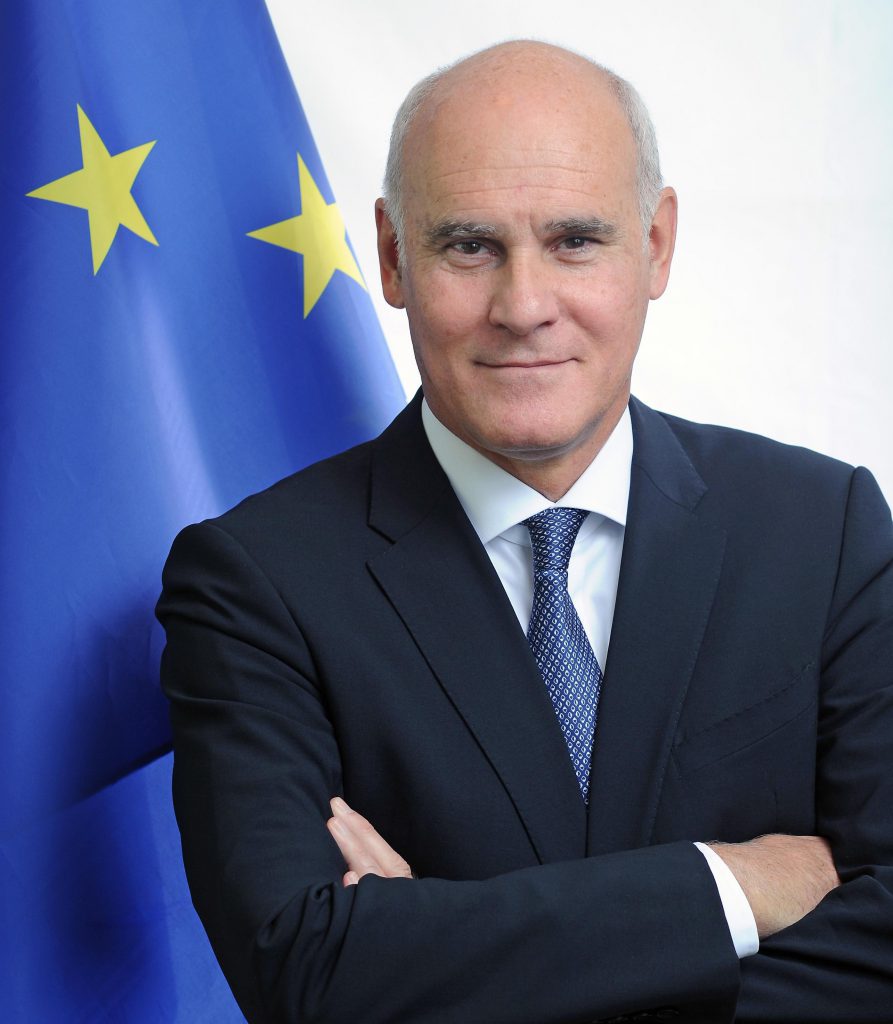
Adjustment, adaptation, acceptance: three words from the EU’s ambassador to the United Kingdom sum up the challenges facing Brexit Britain.
João Vale de Almeida told the AEJ UK on April 26 that all three are needed to meet the opportunities and challenges of future relations between the EU and the UK.
By contrast, the ambassador has needed stoicism and patience during his first 15 turbulent months in office since taking up his post on February 1 2020, the first full day of Brexit after the UK’s departure from the European Union. Even his title is in dispute as the UK government has so far refused to grant him the same diplomatic status as it gives to envoys of nation states.
In those 15 months, tensions have flared between London and Brussels over the Brexit agreement’s Northern Ireland Protocol, its effects on trade between the British mainland and Northern Ireland, fishing rights, and over the supply of Covid 19 vaccines between manufacturing sites in the UK and the EU.
João Vale de Almeida brings a wealth of diplomatic experience to his role at this crucial time in UK-EU relations. He has occupied a succession of senior EU posts since joining the European Commission in 1982 in Lisbon, including EU ambassador to the UN and to the USA, director general of the EU’s External Action Service, and head of the EU Commission president’s office when fellow Portuguese national Jose Manuel Barroso was president.
For more on his presentation please see this report from former FT economics editor Peter Norman and this audio record of the meeting.
26 March 2021
Ed Balls – Global Britain
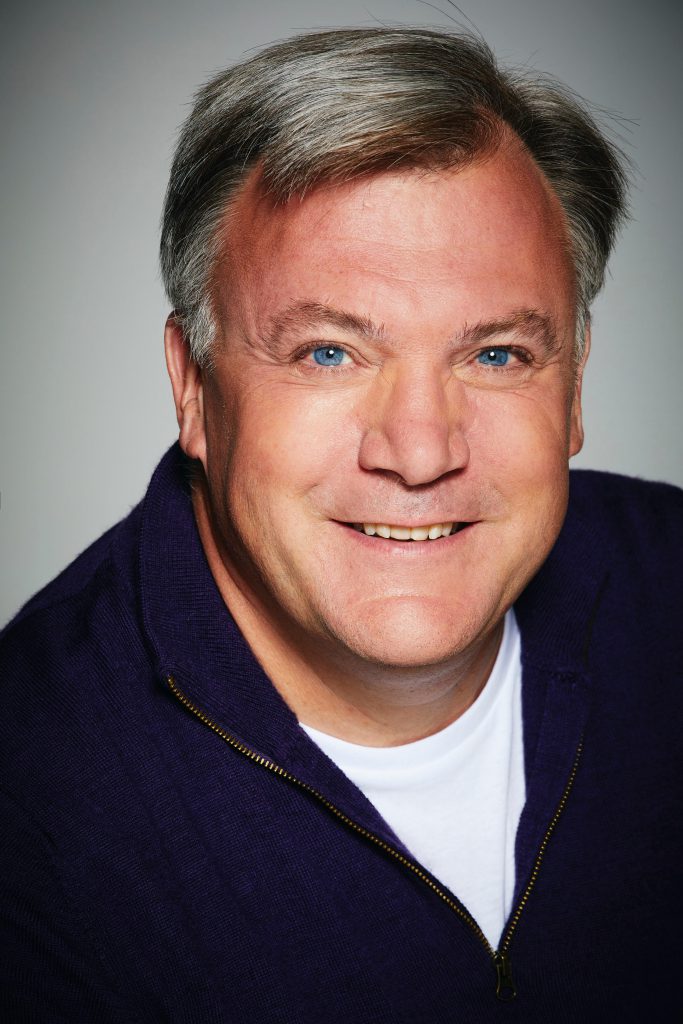
What is the future for Britain post Brexit? That’s the question Ed Balls would like the UK to debate, publicly and sensibly.
The former Labour Chancellor argues that it needs to steer a middle course, truly accepting that Britain has left the EU and making the right choices to prosper domestically and internationally. And he says failure to get Global Britain right could endanger the very existence of a “United Kingdom”.
Speaking at the AEJ UK on March 26, the former politician – and celebrity dancer, champion cook, and documentary maker – warned that the “Global Britain” slogan poses major challenges for the UK’s two main political parties and their leaders who will have to “start building an answer about what a modern forward looking Global Britain looks like outside the EU”. Now professor of political economy at King’s College London and a research fellow at the Harvard Kennedy School, Balls co-authored “Finding Global Britain“, a vision of how to turn what was a Brexiteer slogan into policies for “a pragmatic but ambitiously outward-looking and progressive country”.
The Harvard University paper focused on five themes: trade policy, regulation, migration, domestic inequalities, and the need for a new national narrative.
At the AEJ, Balls detailed some of the challenges and opportunities inherent in that.
For more please see this report by Peter Norman, AEJ meetings secretary and former economics editor of the Financial Times and this audio record of the meeting.
8 February 2021
Ekaterina Schulmann – Russian politics in election year
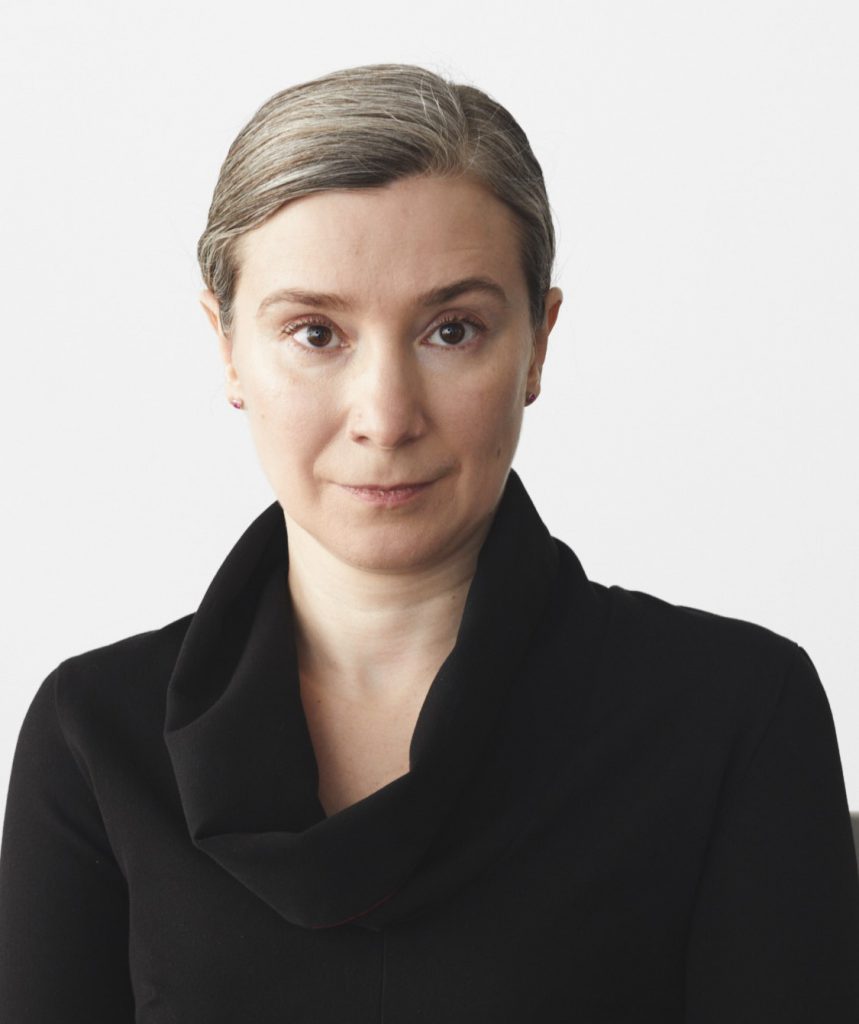
Russian Opposition leader Alexei Navalny remained in jail as, the AEJ UK linked to Moscow live to speak with Dr. Ekaterina Schulmann, Moscow-based political scientist and associate fellow at the Chatham House Russia and Eurasia Program.
The meeting on February 8 2021 came against the background of Navalny’s tumultuous return to Russia after a failed attempt by Russian secret security agents to assassinate him with a Novichok nerve agent, sparking a Russia-wide wave of anti-government protests echoing those still going on in neighbouring Belarus.
After 22 years in power, Russian President Vladimir Putin this year faces enormous political challenges, including parliamentary elections due in autumn, as well as growing threats to Russia’s influence over its close neighbours in Belarus, Ukraine and Moldova.
Please see here for a report on the meeting from Charles Jenkins, AEJ secretary and former Europe editor/director western Europe at the Economist Intelligence Unit and this audio record of the meeting.

